When the heat kicks in, nothing hits the spot quite like a cold glass of watermelon juice. This hydrating, sweet, and refreshing drink is not only delicious, but also packed with health benefits — making it a favorite for families, athletes, and wellness enthusiasts alike.
Is Watermelon a Fruit or a Vegetable?
Watermelon is botanically a fruit because it develops from the flower of the plant and contains seeds. However, in farming terms — especially in places like Oklahoma — watermelon is sometimes classified as a vegetable, because it's grown and harvested like other vine crops (such as cucumbers, pumpkins, and squash), which are vegetables in the culinary world.

What About Yellow Watermelon?
Yellow watermelon is a natural variety of watermelon with bright yellow flesh instead of the typical red or pink. It’s not genetically modified — the yellow color comes from a lack of lycopene, the antioxidant responsible for the red hue in traditional watermelon.
Key Facts about Yellow Watermelon:
- Taste: Usually sweeter and more honey-like than red watermelon.
- Nutrition: Rich in vitamins A and C, and a great source of hydration.
- Varieties: Includes types like ‘Yellow Crimson’ and ‘Desert King’.
- Surprise Factor: From the outside, it looks just like a red watermelon — the color difference is only inside!

So, whether red or yellow, watermelon is a fruit — but depending on how it’s grown, it can also be considered a vegetable in agricultural terms.
Is Watermelon Good for You?
Yes, watermelon is good for you, but like many healthy foods, moderation is key.
Here's what to consider:
Nutrient-Rich & Hydrating
Watermelon is over 90% water and packed with vitamins A and C, as well as antioxidants like lycopene — great for hydration, skin health, and heart support.
Natural Sugar Content
Watermelon does contain natural sugars — about 9–10 grams per cup. While this is lower than many fruits (like grapes or bananas), it's still something to watch if you're diabetic or monitoring sugar intake.
Can You Eat It Every Day?
Yes — but ideally in reasonable portions (1–2 cups per day). Eating large amounts daily could spike your sugar levels or lead to digestive issues for some people (because of its water and fiber content).
So overall: Yes, watermelon is healthy, but don’t overdo it — especially if you’re watching your sugar intake.
What Vitamins Are in Watermelon?
Watermelon contains several important vitamins that support overall health. Here are the key ones:
Vitamins in Watermelon:
Vitamin C
Supports immune function, skin health, and helps with wound healing.
One cup of watermelon provides about 12 mg, which is roughly 15% of the daily recommended value.
Vitamin A (in the form of beta-carotene)
Important for vision, skin, and immune health.
Watermelon contributes a moderate amount through beta-carotene, which the body converts to vitamin A.
Vitamin B6
Helps with brain development and function, and supports the immune system.
Found in smaller amounts but still contributes to daily intake.
Vitamin B1 (Thiamin) and B5 (Pantothenic Acid)
Support energy production and metabolism.
Does Watermelon Have Fiber?
Yes, watermelon does contain fiber, but only in small amounts.
How much fiber is in watermelon?
About 0.6 grams of fiber per 1 cup (150g) of diced watermelon.
What kind of fiber is it?
Mostly soluble fiber, which helps slow digestion and supports gut health. However, because the amount is low, watermelon is not considered a high-fiber fruit compared to others like apples, pears, or raspberries.
Should you eat watermelon for fiber?
If you're specifically looking to increase fiber intake, watermelon alone isn’t enough. But it can still contribute to your daily fiber when eaten along with other fiber-rich fruits, vegetables, and whole grains.
Bonus: Its high water content works together with its small fiber amount to help with gentle digestion and hydration.
So yes, watermelon has some fiber, but not a lot — it’s better known for hydration than for fiber content.
How Many Calories in Watermelon?
While watermelon isn't high in fiber, it's still an excellent choice if you're looking for a low-calorie, refreshing snack.
One cup (about 150g) of diced watermelon contains roughly 45–50 calories.
That’s because watermelon is over 90% water, with natural sugars making up most of the remaining content.
Plus, you're getting vitamins A and C, antioxidants, and a bit of fiber — all for fewer than 50 calories per cup.
So if you're watching your calorie intake but still want something satisfying and naturally sweet, watermelon is a great go-to.
How to Make Juice from Watermelon?
What You’ll Need:
- Fresh watermelon (seedless or seeds removed)
- Optional: mint leaves, lime juice, or a pinch of salt
- CIARRA Gadgets Juicer for best results
Steps:
- Cut the watermelon into chunks, removing the rind and seeds.
- Feed the pieces into the CIARRA Gadgets juicer. Its high extraction power ensures maximum juice yield with minimal pulp.
- Collect the juice in the container.
- Add a splash of lime or a few mint leaves for extra flavor (optional).
- Serve chilled or over ice.

Why Use the CIARRA Gadgets Juicer?
High Juice Extraction Efficiency
CIARRA’s advanced motor and extraction system ensure you get maximum juice with minimal pulp, especially from water-rich fruits like watermelon. Less waste, more refreshment.
Quiet Operation
Unlike bulky, noisy juicers, the CIARRA juicer runs smoothly and quietly, making it perfect for morning routines or late-night cravings without disturbing your home.
Easy to Clean
Designed for fast disassembly and easy cleaning, so you spend more time enjoying your juice and less time scrubbing parts.
Compact & Space-Saving
Its sleek, portable design fits effortlessly in any kitchen — ideal for apartments, dorms, or small countertops.
One-Touch Operation
User-friendly controls make juicing effortless — just one press for fresh juice in seconds. Great for beginners and busy users alike.
BPA-Free & Food-Safe Materials
Safe for the whole family. All parts are made from non-toxic, BPA-free materials for peace of mind.
With the CIARRA Gadgets Juicer, you're not just making juice — you're upgrading your kitchen with a smart, stylish, and powerful appliance built for convenience and performance.
You may also be interested in:
Best Juicer 2025: Influencers' reviews of CIARRA Gadgets Juicer
Juicer vs Blender Which is Healthier
Here’s a fun and refreshing idea using your CIARRA Gadgets Juicer:
Watermelon Slushie Hack
Cut fresh watermelon into chunks.
Place the chunks in the freezer for a few hours until they're frozen solid.
Drop the frozen pieces into your CIARRA juicer.
Juice as usual — and voilà!
You’ll get a naturally sweet, icy-cold watermelon slushie — no added sugar, no blender needed!
Perfect for hot days, post-workout refreshment, or a healthy treat for kids.
Quick, easy, and super satisfying — just the way CIARRA does it.
FAQs
Does Watermelon Clean Your Gut?
Watermelon has a high water content and a small amount of fiber, which can help support digestion and keep things moving — but it’s not a detox or gut “cleanser” on its own.
What Vitamin is Watermelon High in?
Watermelon is high in Vitamin C, which supports immunity, skin health, and antioxidant protection.
Is Watermelon Good for Weight Loss?
Yes — it’s low in calories, fat-free, hydrating, and naturally sweet, making it a great snack for weight management.
Which Organ is Watermelon Good For?
Watermelon is especially good for the heart (thanks to lycopene and citrulline) and also supports kidney function due to its high water content.



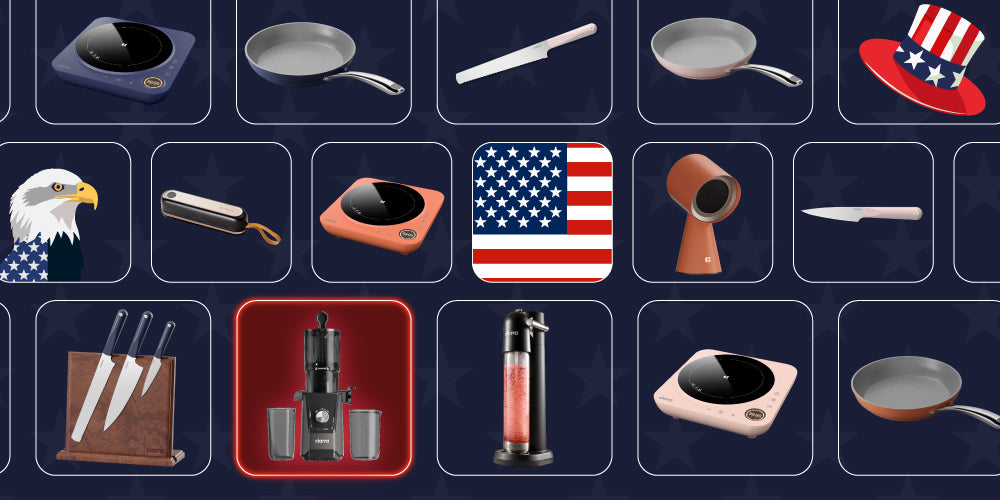
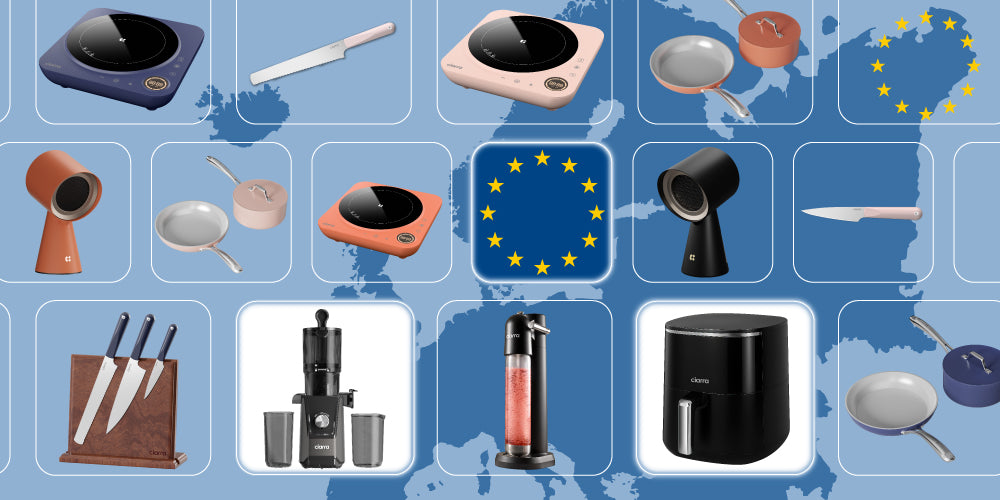
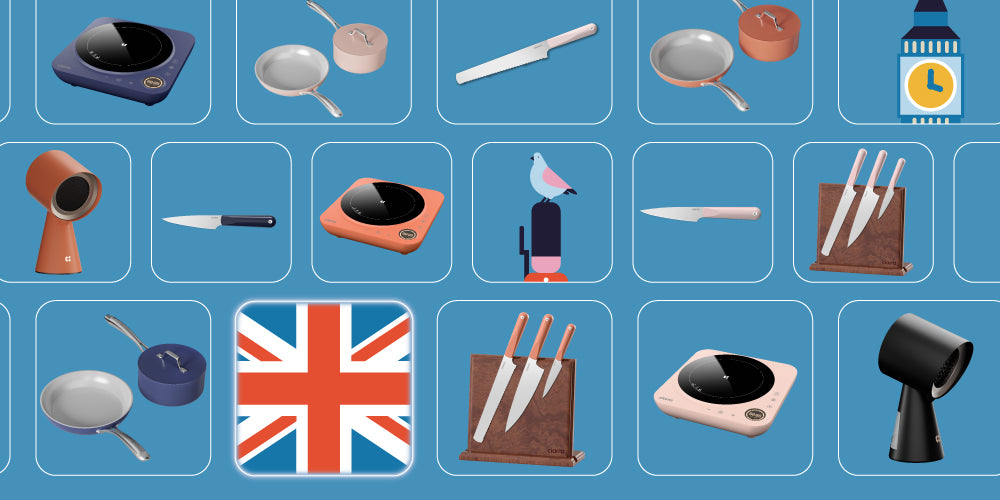
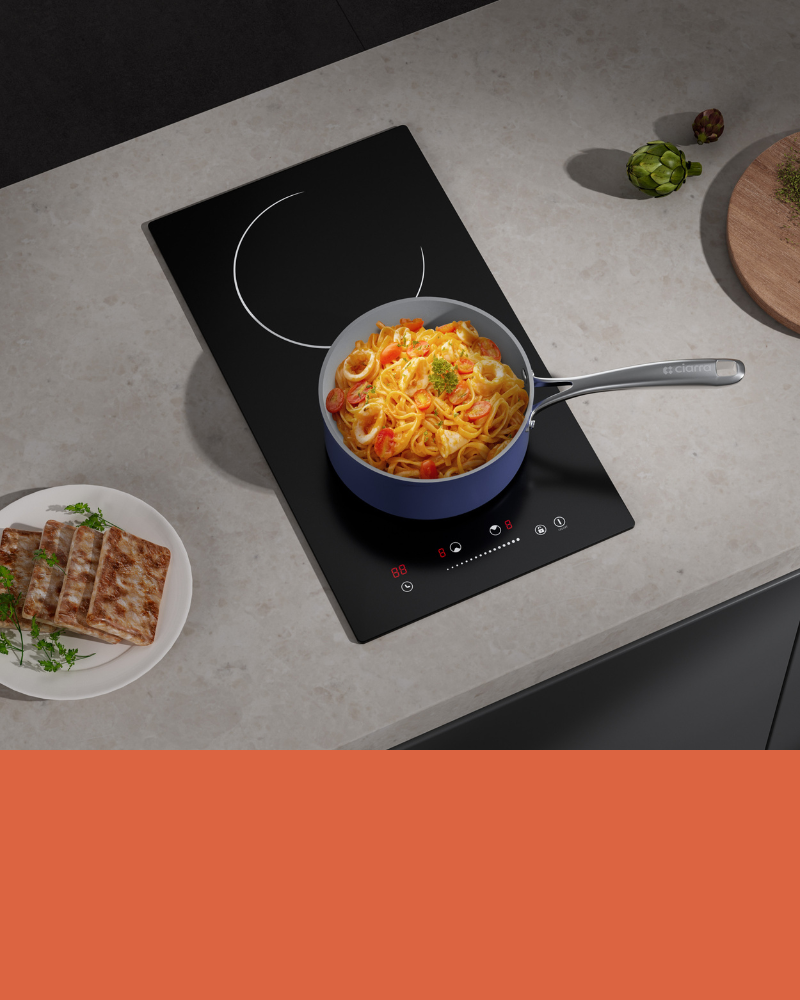


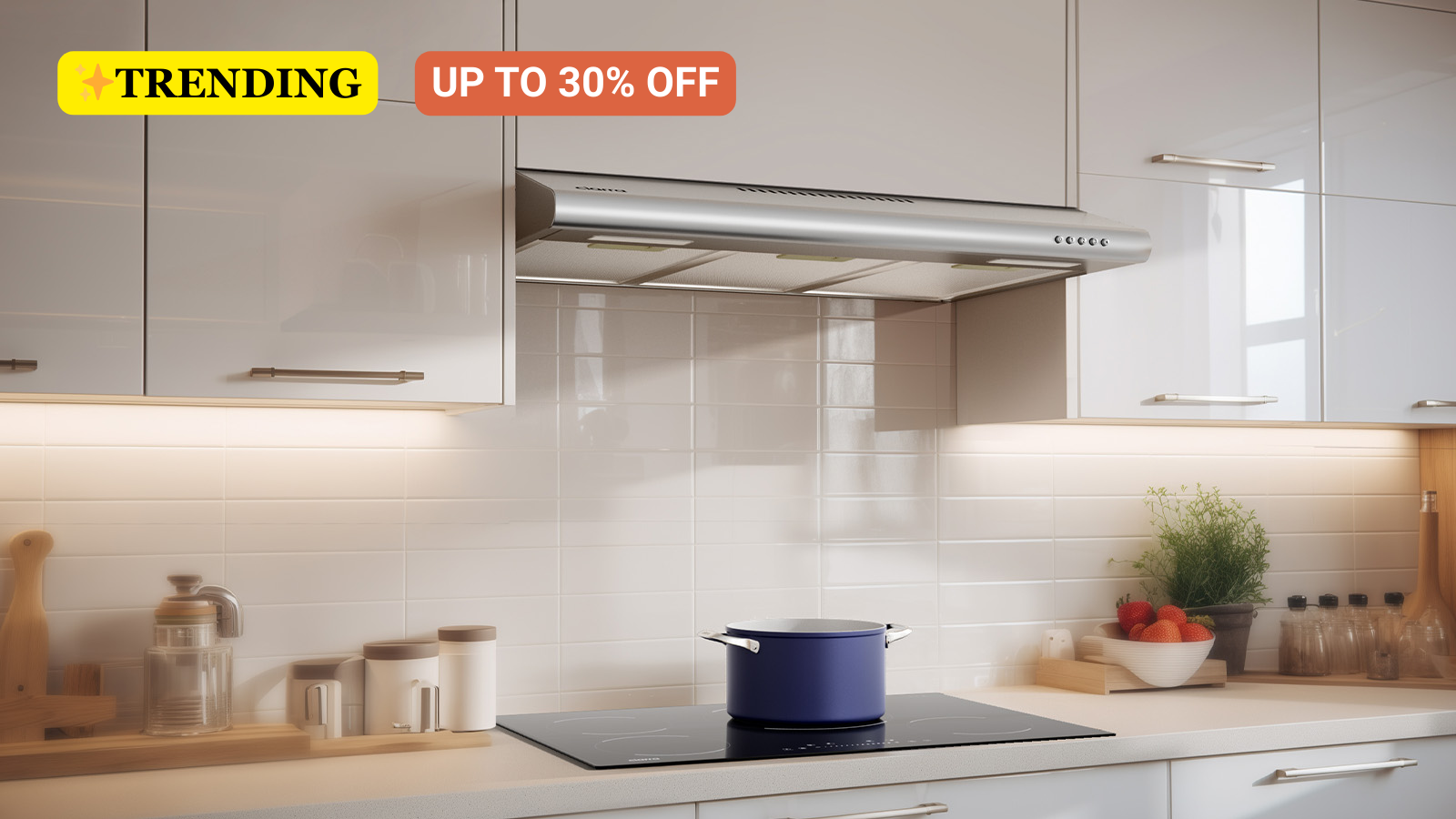
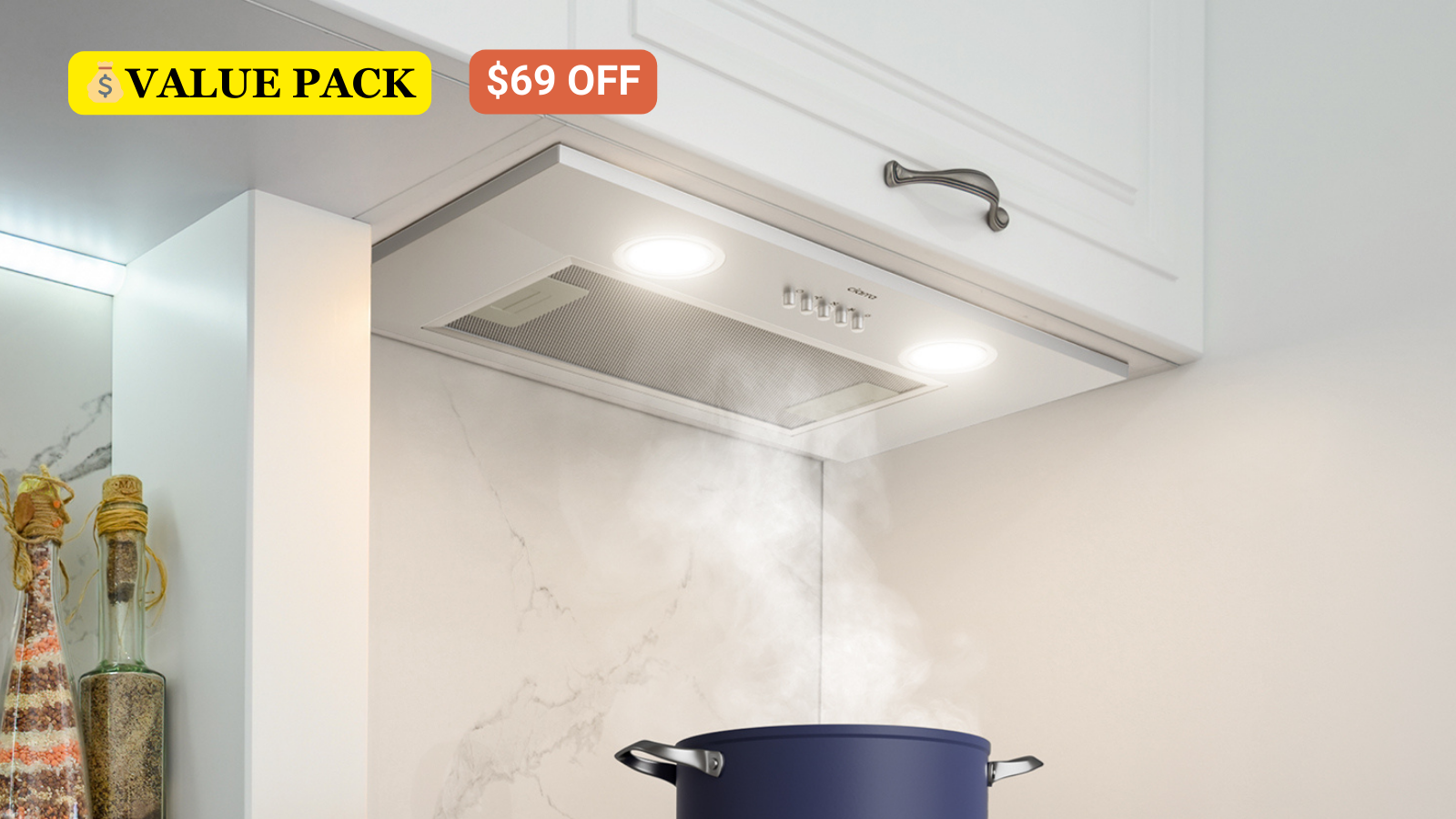
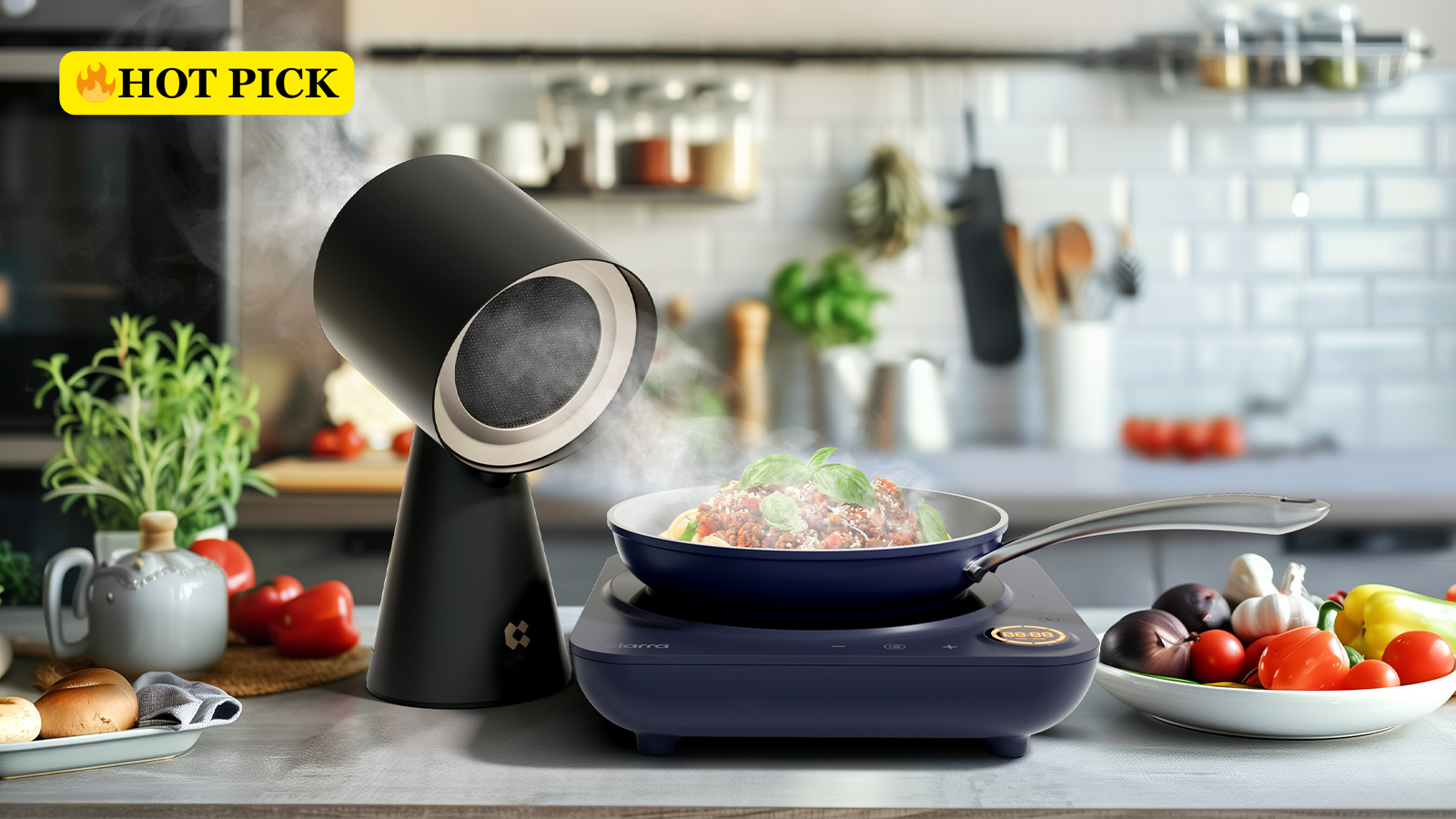
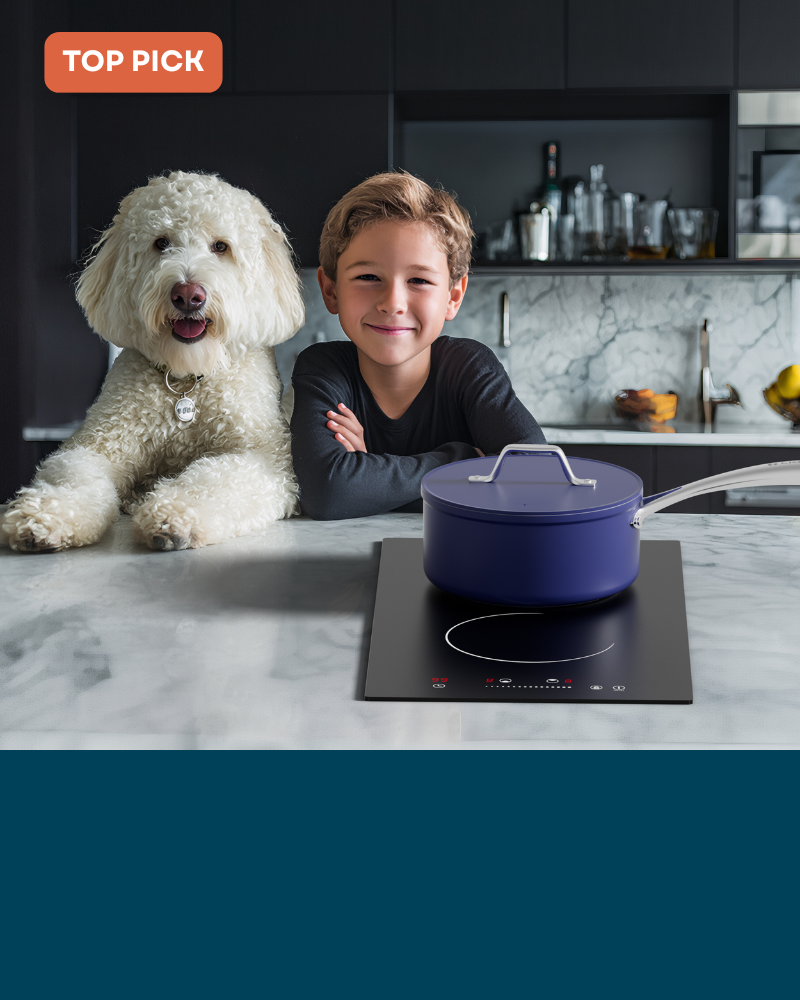
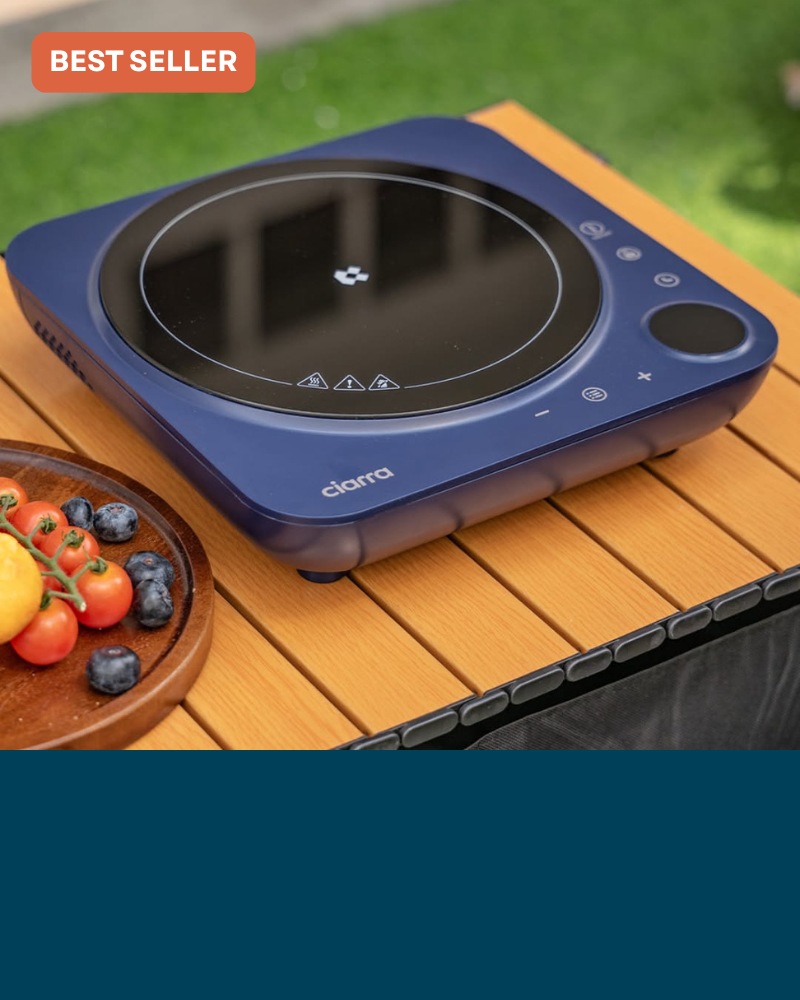
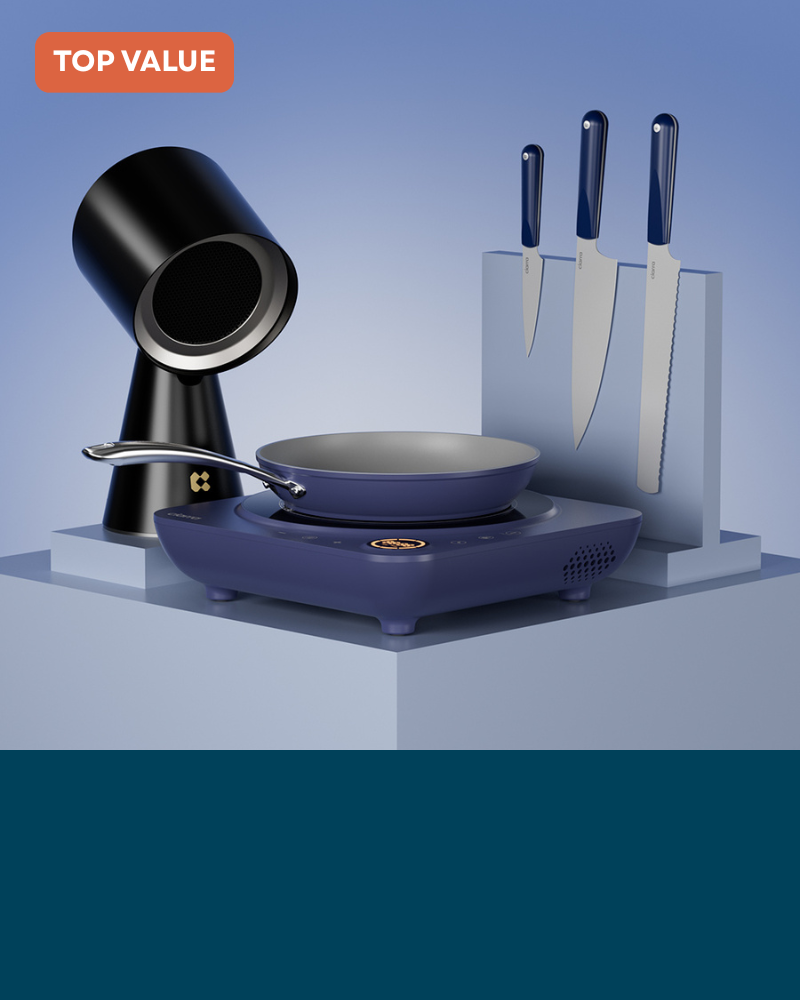
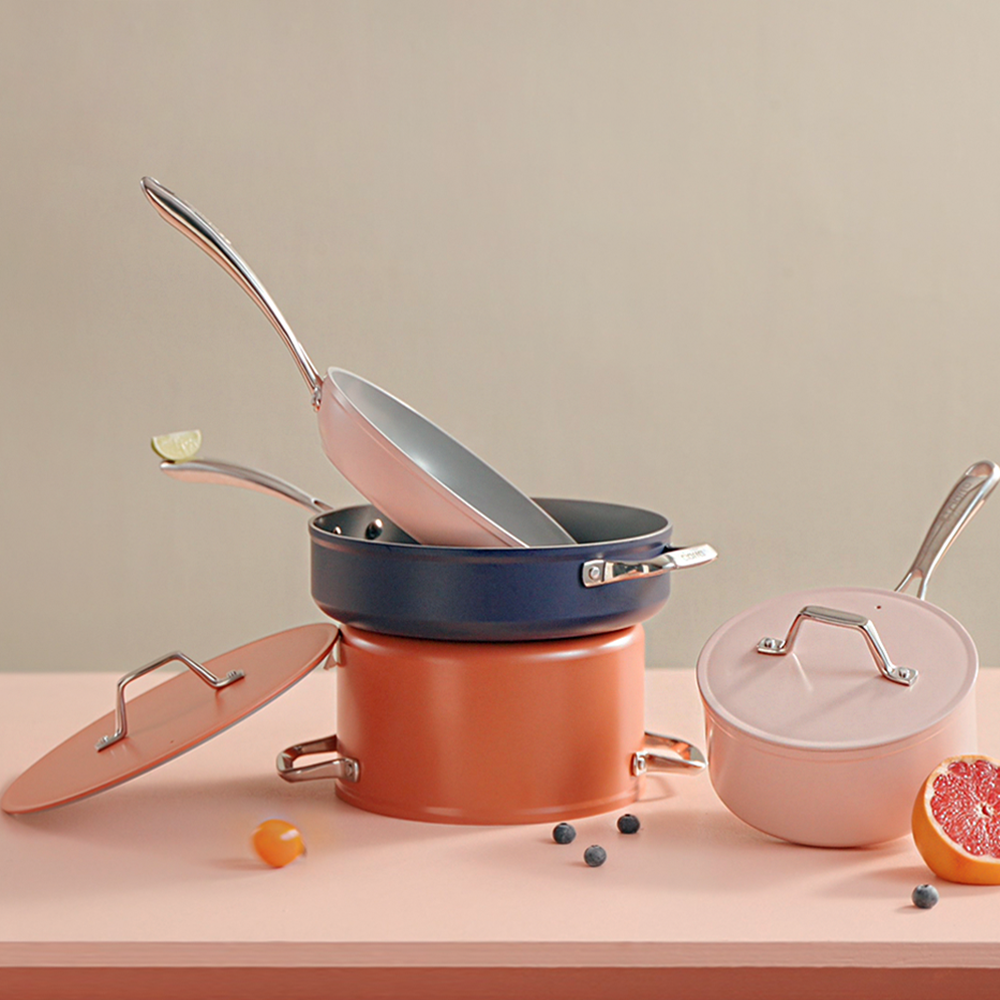
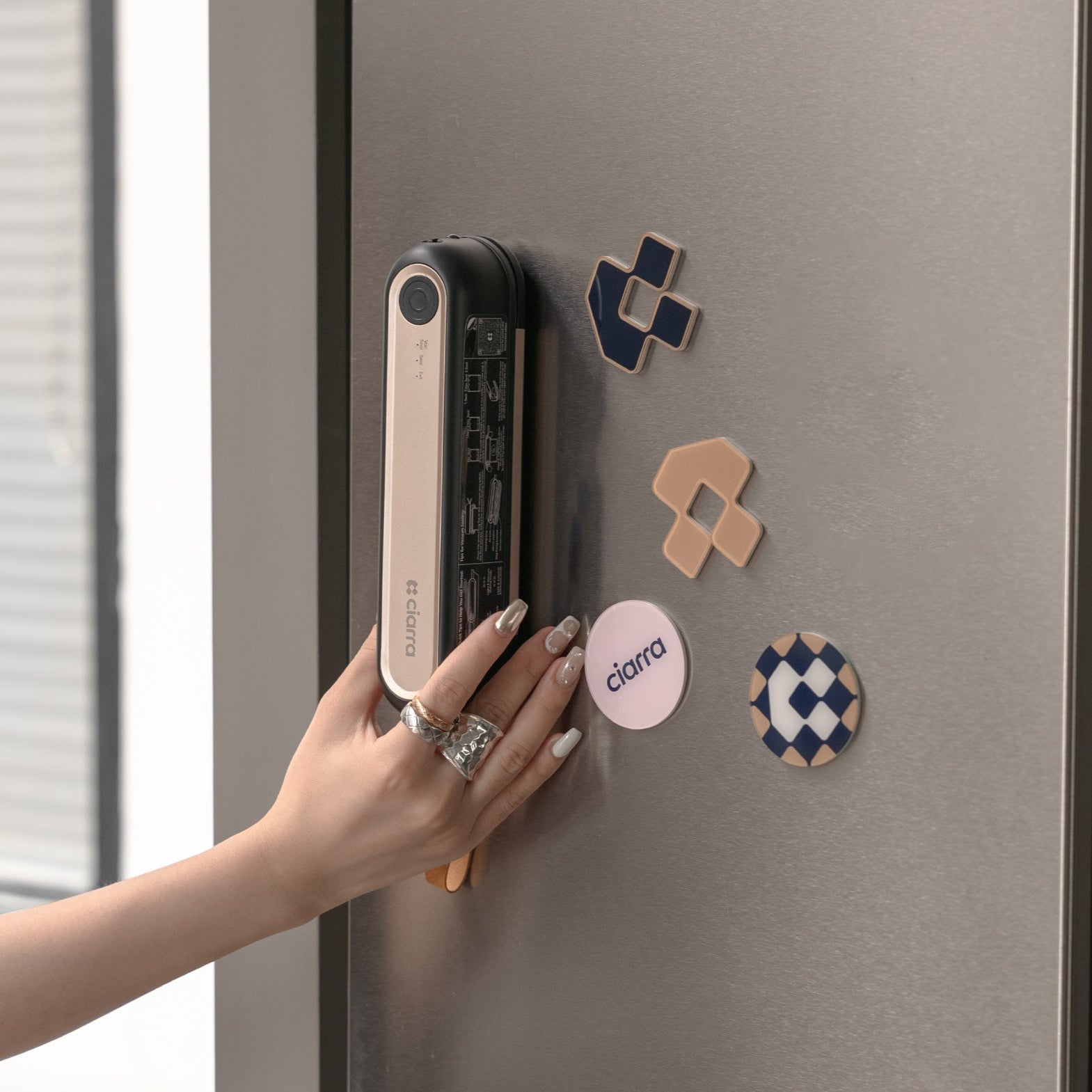
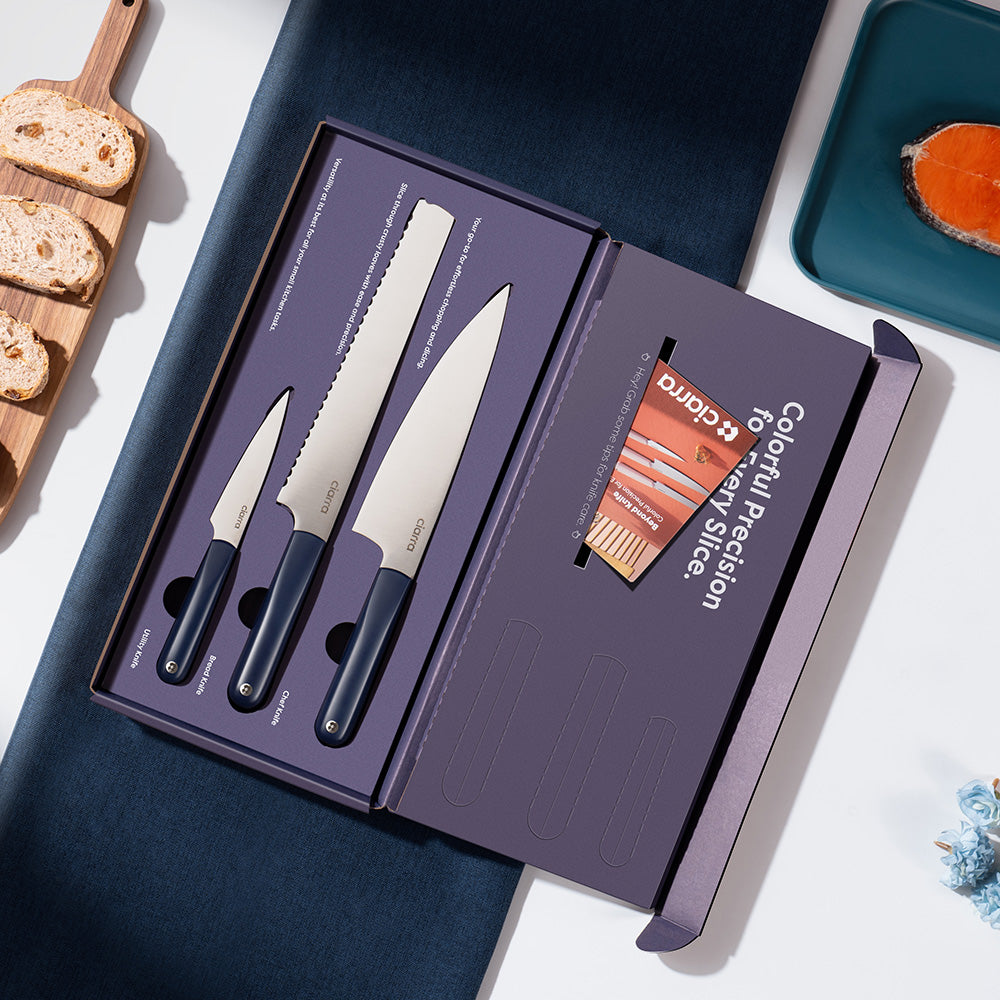

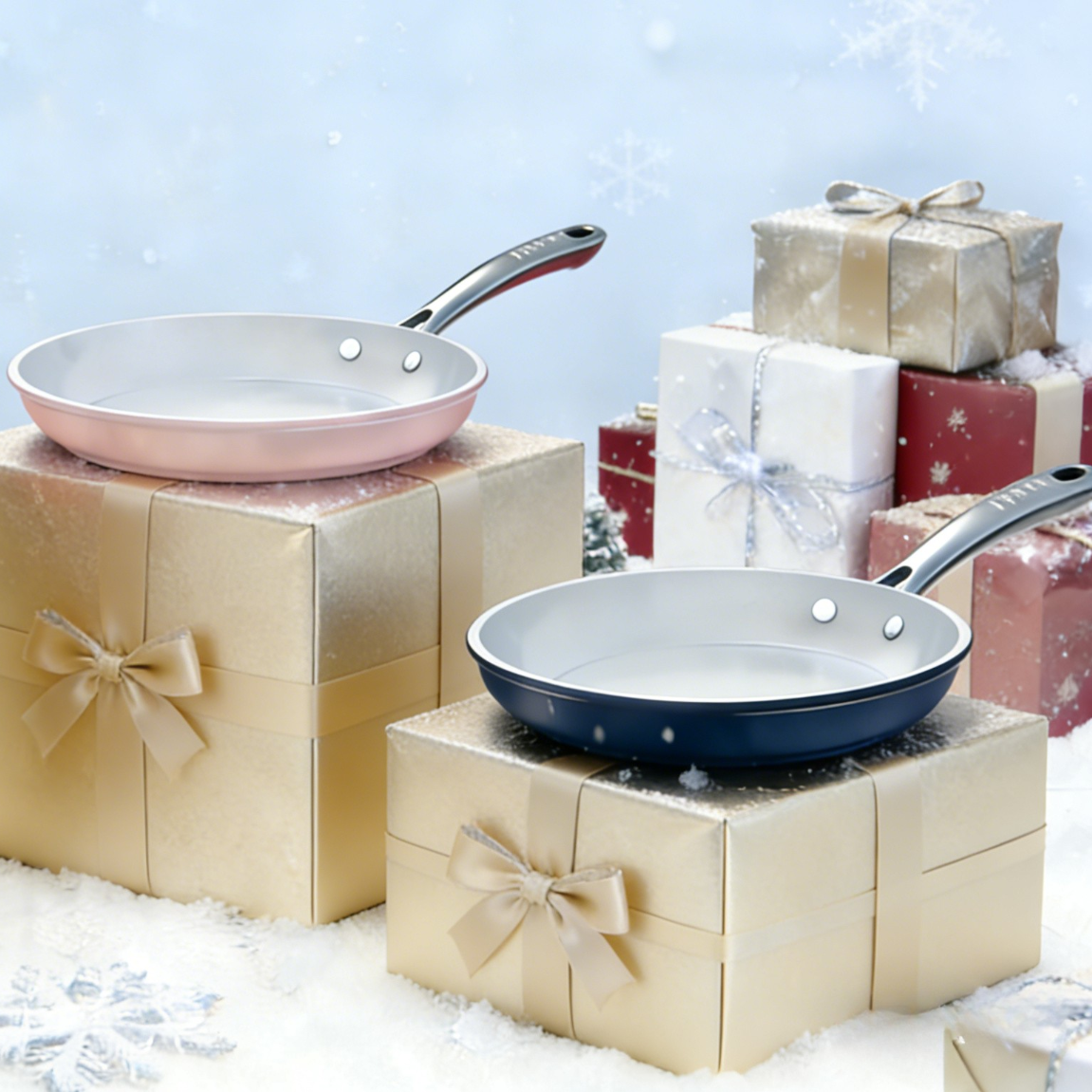
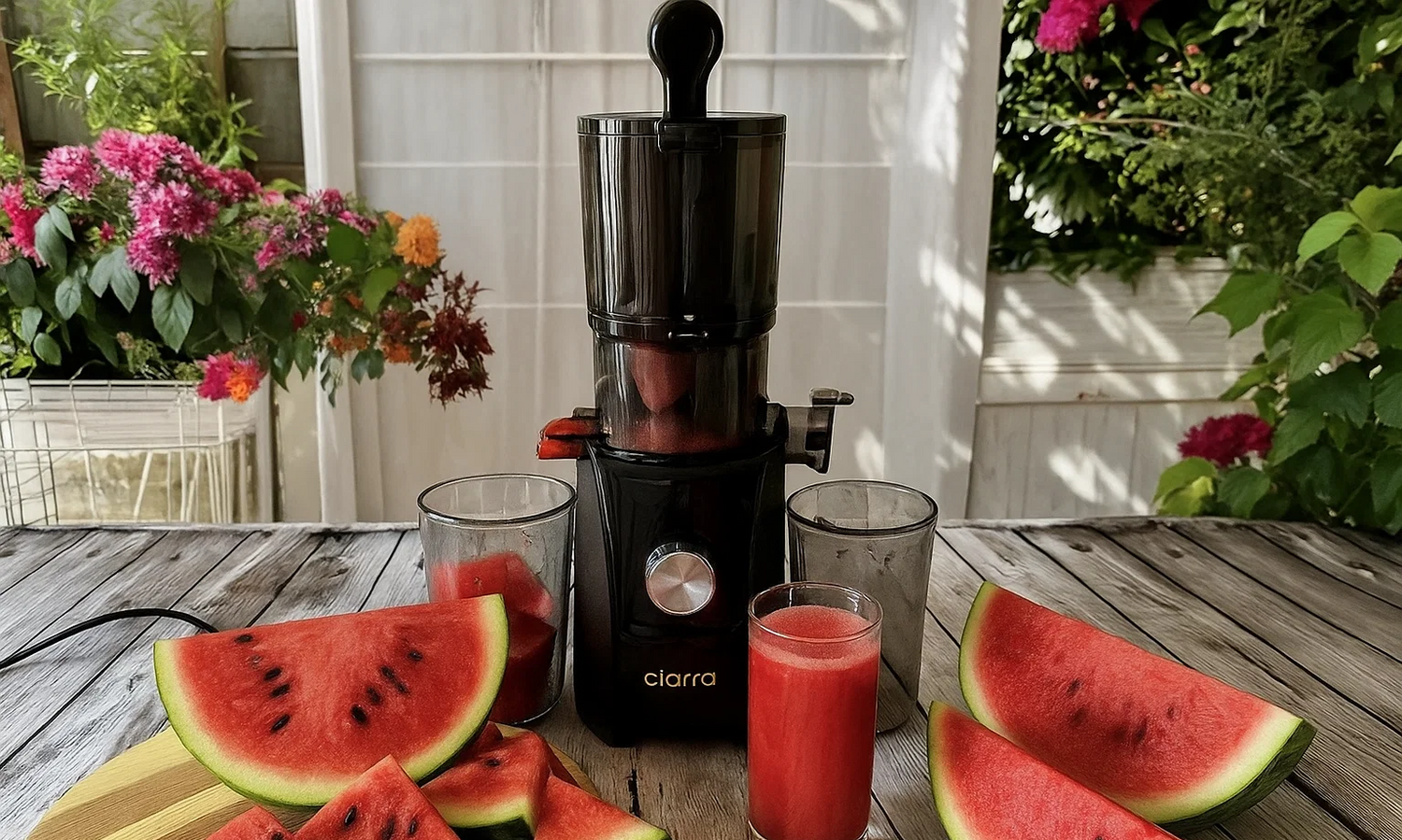
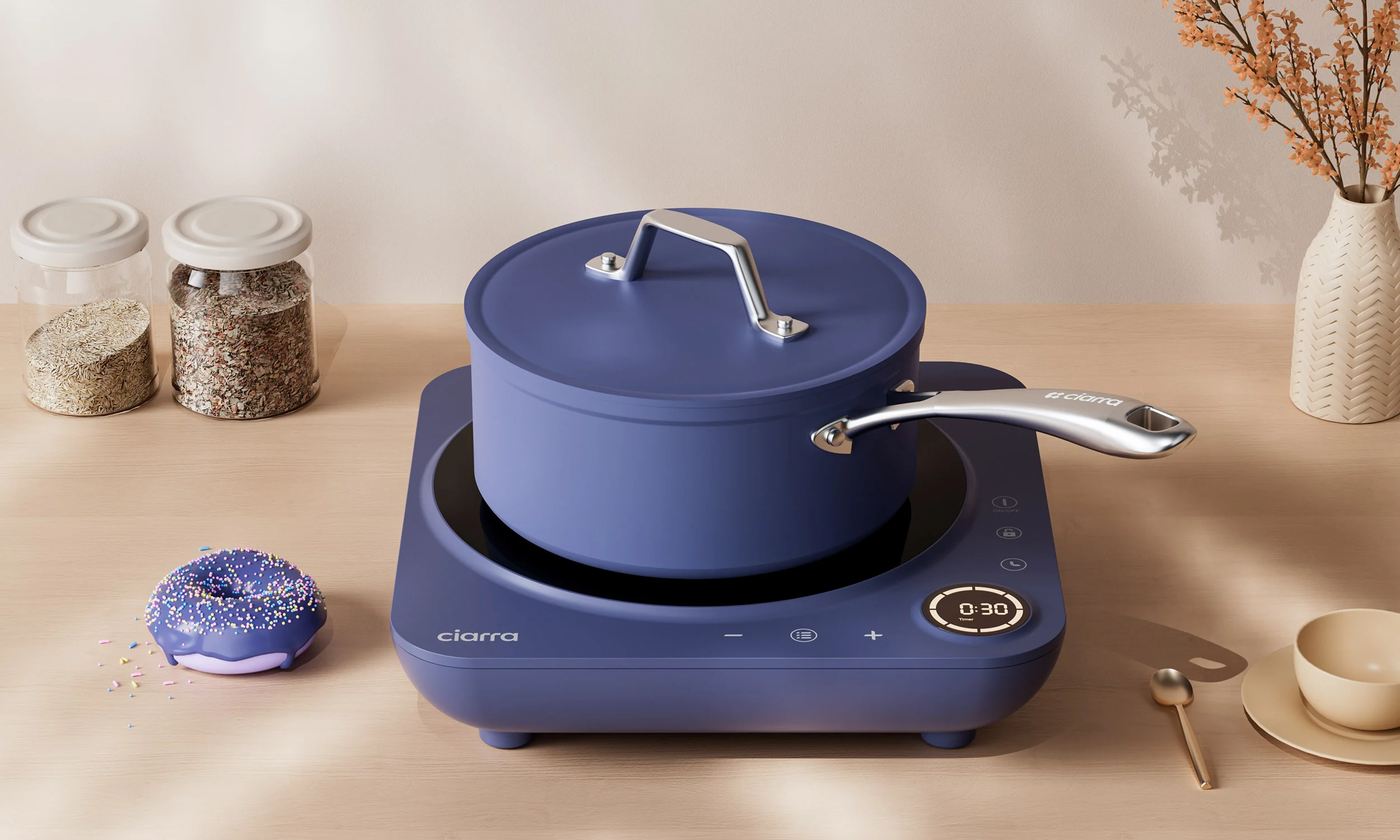
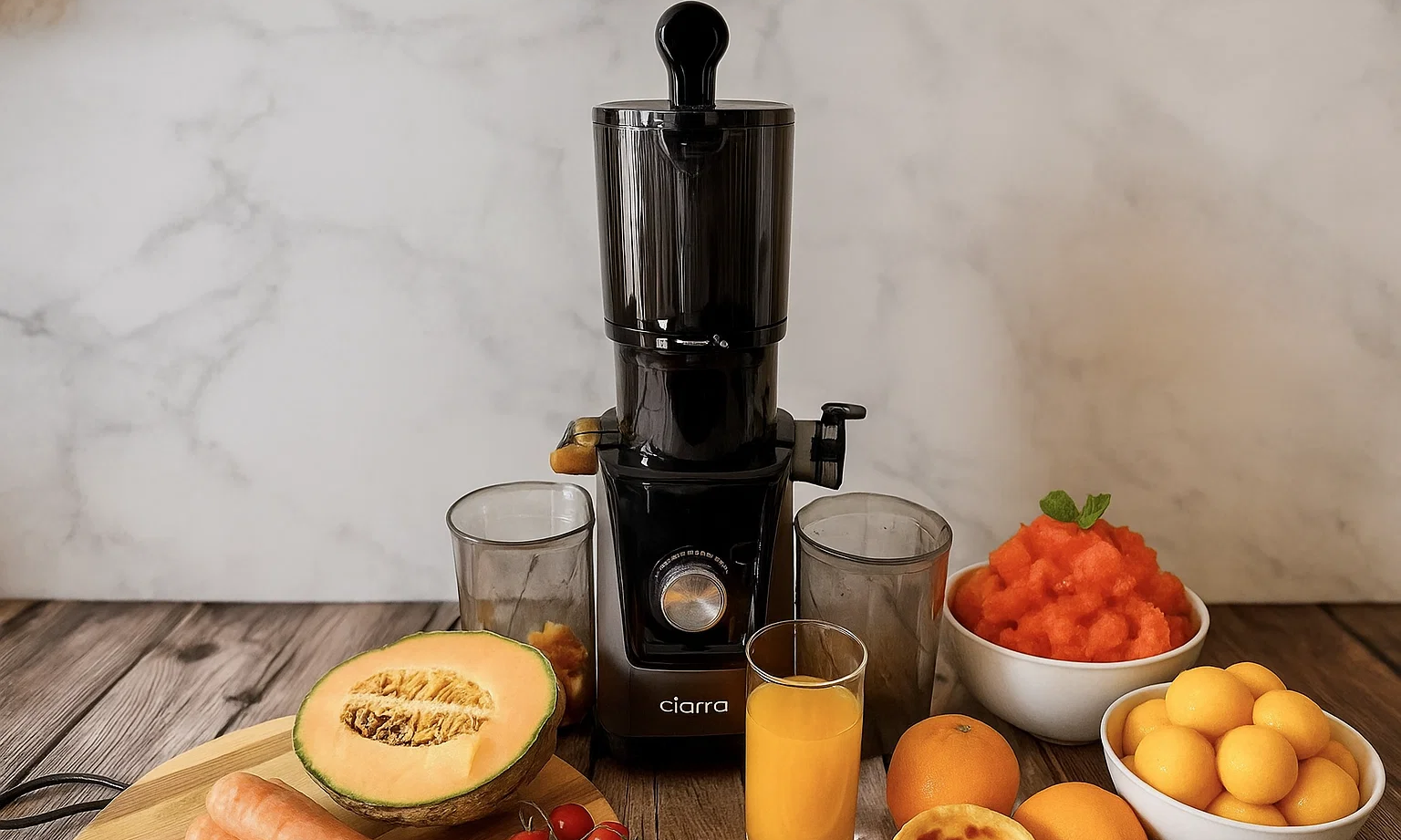
Leave a comment
All comments are moderated before being published.
Este site está protegido pela Política de privacidade da hCaptcha e da hCaptcha e aplicam-se os Termos de serviço das mesmas.